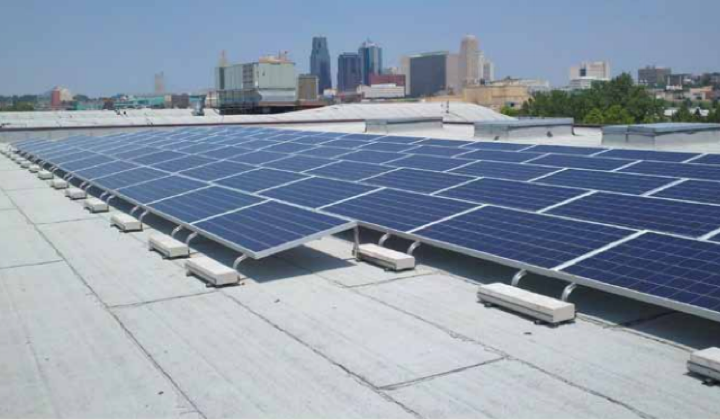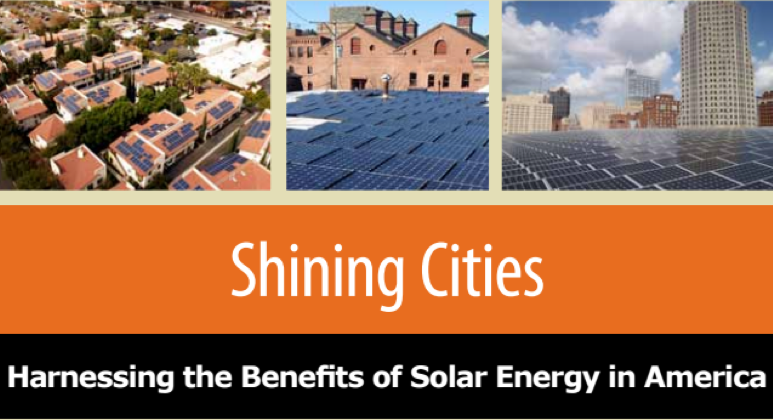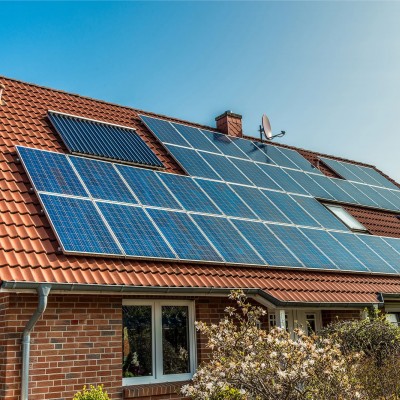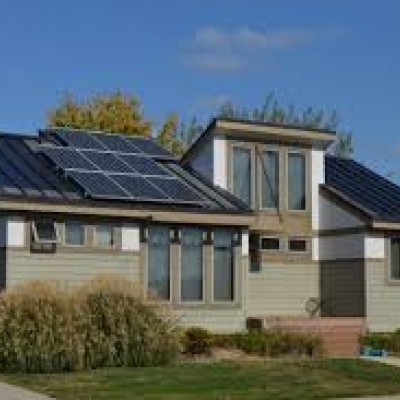Shining Cities: Harnessing the Benefits of Solar Power

Today, Environment Mass released a new report, Shining Cities: Harnessing the Benefits of Solar Energy in America, comparing the amount of solar currently installed in 64 major U.S. cities.

Boston ranks 4th in the Northeast for per-capita solar. One of the report’s key findings: Boston has more than three times as much solar per capita as New York or Philadelphia.
“It’s a bright day for solar power in Boston,” said Ben Hellerstein, Campaign Organizer with Environment Massachusetts. “For years, state and city officials have championed the growth of solar energy. Now, Massachusetts has a booming solar industry that is slashing the state’s carbon emissions, reducing energy costs, and creating thousands of local jobs.”
Solar energy has grown by an average of 127% per year in Massachusetts over the last three years, reducing global warming emissions and curbing other forms of harmful air pollution. In 2014, Massachusetts installed enough solar capacity to power 50,000 homes with clean energy.
The City of Boston has a state-of-the-art solar map in partnership with Mapdwell, a Boston-based M.I.T. spin-off. This map, available at Mapdwell.com/Boston, provides residents and businesses accurate and accessible information about going solar. The tool has mapped all 127,000 buildings in Boston for their solar potential and found that Boston has the potential for 2.2 GW (gigawatts) of solar power.
Massachusetts’ net metering policy allows solar panel owners to receive fair compensation for the electricity they provide to the grid. Community shared solar projects are helping many families to access the benefits of solar energy even if they rent their home or their roof can’t accommodate a solar installation.
The Levedo Building in Dorchester and the Old Colony Housing Project in South Boston are among the affordable housing developments that have recently installed rooftop solar panels, thanks to Massachusetts’ strong community shared solar policies.
“Solar power makes sense for a low-income community like Codman Square: it helps to lower resident energy costs, helps residents stay in place in their homes, and protects resident health by reducing air pollution, all while helping the City reach its climate change goals,” said Gail Latimore, Executive Director of the Codman Square Neighborhood Development Corporation (CSNDC). “Our LEED Silver Certified residential development, the Levedo Building, generates about 25% of its total electric consumption from a rooftop solar installation, and we’re exploring options for a Community Shared Solar program that would bring the benefits of solar to even more residents in the neighborhood and help address equity concerns.”
Current legislation places a cap on the amount of solar power eligible for net metering, and the limit for solar projects in the National Grid service territory was recently hit.
Earlier this month, more than 120 supporters of solar energy — including low-income advocates, business leaders, public health advocates, environmental activists, and others — gathered at the State House asking state officials to take immediate action to raise the net metering caps.
Solar supporters also delivered letters signed by more than 350 city and town officials and more than 560 small business leaders asking Governor Charlie Baker to set a goal of getting 20% of Massachusetts’ electricity from solar by 2025.
We organized a press conference today to release the report with Austin Blackmon, Chief of Environment, Energy, and Open Space for the City of Boston, as well as Dave from Codman Square NDC and Emily. The report has already been picked up by WBZ and WBUR, and I'm expecting a few more stories over the next couple of days.
The report is a good testament to the efforts of local leaders, as well as the importance of strong state-level solar policies.


